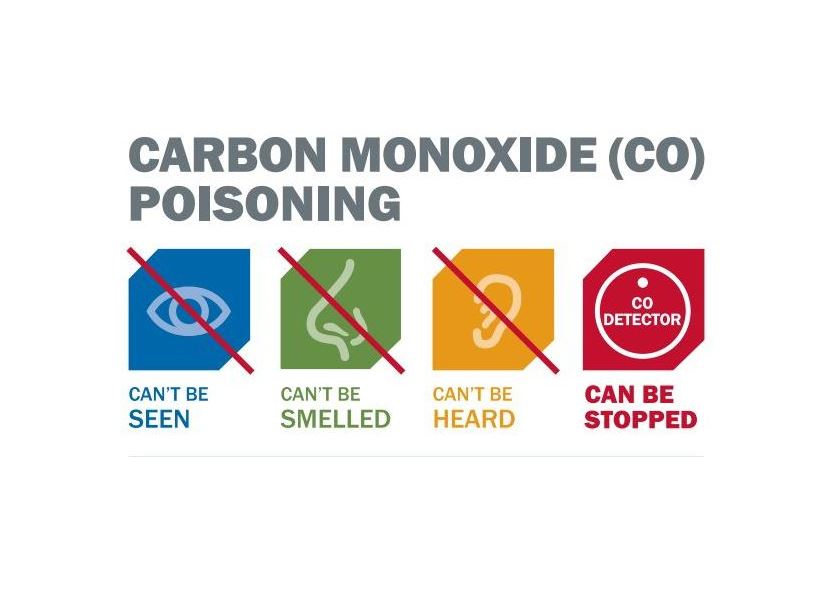Voluntary Guidelines Released for Schools’ Carbon Monoxide Detectors


A governor’s special task force is offering recommendations for state school districts to adopt regarding carbon monoxide detectors.
Late last year dozens became ill at Atlanta’s Finch Elementary School due to a carbon monoxide leak.
WABE’s Rose Scott reports why the recommendations are voluntary guidelines and not mandates.
The nineteen member task force was charged with making recommendations for more than 8-thousand Georgia schools.
Saralyn Stafford is the director of external affairs for Georgia’s Department of Community Affairs.
“They felt like providing the information and the training was the most important part of this issue of these recommendations.”
Stafford says the task force found that a one size solution would not fit all schools and that’s why guidelines were more important.
The first recommendation, according to the task force, is for every school to perform a comprehensive assessment.
“And they should ensure that all their fuel burning boilers are inspected annually as required.”
That also includes any other fuel burning equipment be inspected and serviced, says Stafford.
But in January of 2014, Stafford says a mandate will require other facilities to have carbon monoxide detectors if sleeping is part of the daily schedule, for example in day care centers.
Other recommendations include reviewing an emergency evacuation plan and making sure school personnel are trained to recognize symptoms of carbon monoxide poisoning.
Stafford told WABE that Governor Nathan Deal, state insurance commissioner Ralph Hudgens and Georgia State Superintendent John Barge were all pleased with the recommendations.
The full report and technical recommendations can be found here:
http://www.dca.ga.gov/development/constructioncodes/programs/CarbonMonoxide.asp
9(MDAxODM0MDY4MDEyMTY4NDA3MzI3YjkzMw004))






